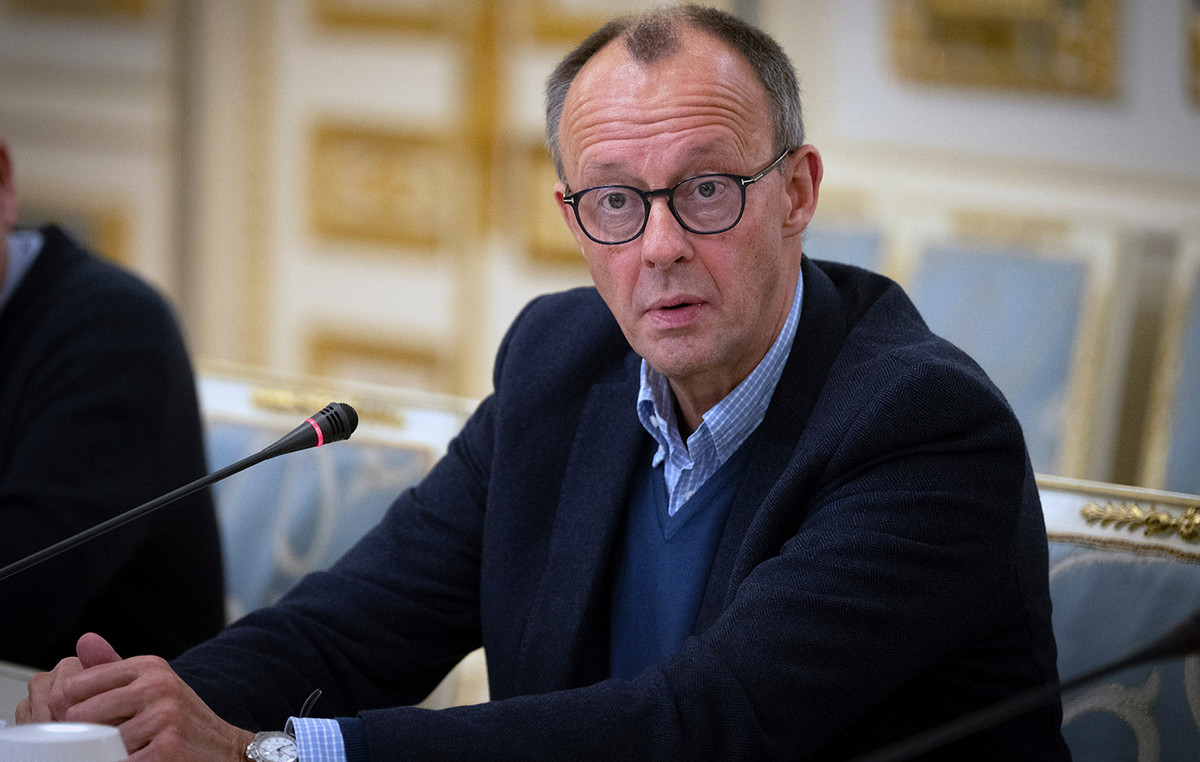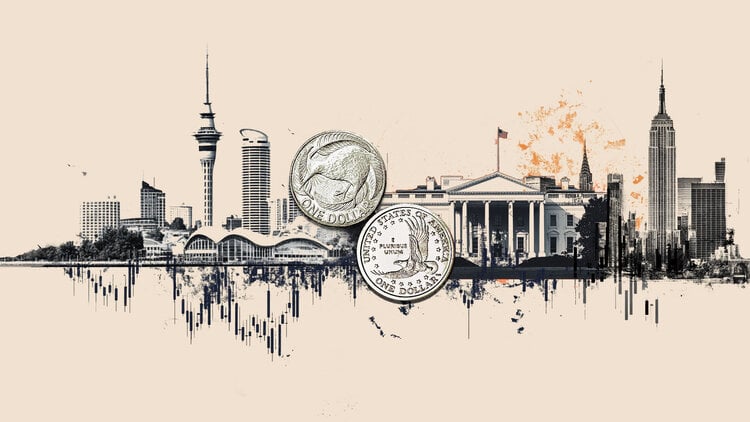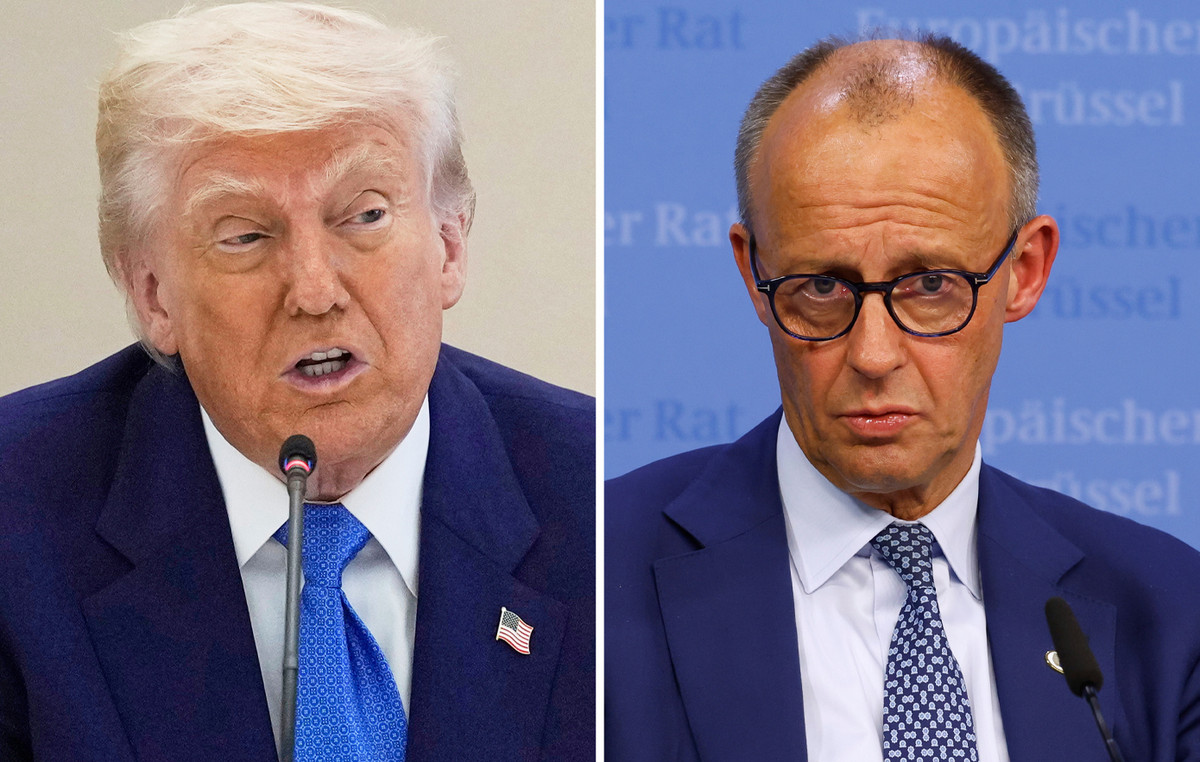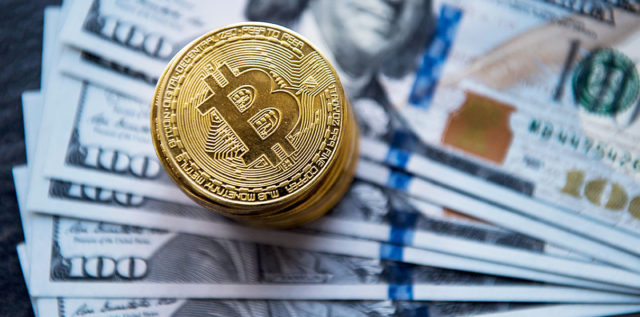Cuba is a magical island. So magical, that the private sector does not officially exist. There are no “entrepreneurs”. Only “self-employed”, something like “self-employed” or “self-employed”. Better not to call things by their name, lest we start with the “self-employed” and end up debating how it is possible for 40% of the population of a communist economy to have an income from the private sector or the underground economy.
These paradoxes are a reflection of a system like the Cuban one, in which the ordinary citizen cheats his boss, who is usually the State, who in turn cheats him, and both cheat their clients, who tend to be the state, which in turn deceives them, and they all know that the others are deceiving them, and they all also know that the others know that they are deceiving them. It is institutionalized corruption as a form of survival.
Now, Cuba has taken a further step in that play on words. In January, the Government put an end to the madness of the dual monetary system, which established two main currencies, the peso (for Cubans) and the CUC peso (convertible, for foreigners visiting the island, at an exchange rate with foreign currencies). Aliens own Alice in Wonderland). Starting this year, there will only be the normal peso, at an exchange rate of 24 units per dollar. It is a monstrous devaluation for the “self-employed,” and the recognition that the Cuban economy is, once again, collapsed. And more than it will be, because Havana has announced cuts in subsidies to state companies. The Cuban communists are slowly carrying out a stabilization plan that could have been inspired by the IMF. Everything is to remain in power.
The next step will be the economic opening. Until now, only private initiative, sorry, “self-employed” was allowed in 124 sectors of activity. From now on, what the Cuban government will do is not say where it authorizes private initiative, but rather where it does not allow it. It is a radical change that could raise more than 2,000 sectors open to the very considerable entrepreneurial spirit of Cubans, as the president of that organization explained this week in a debate at the Washington think tank Inter-American Dialogue. Michael Schifter.
These measures are part of the old instruction manual of the communist regimes, in which it plays a prominent role to give way to private initiative when the economy collapses. He invented it himself Lenin, when launching in 1922 the New Economic Policy in the Soviet Union. He repeated it Fidel Castro, when the collapse of the USSR left Cuba without its “subsidiary”. And Fidel’s brother is repeating it, Raúl, and its number two, Miguel Diaz-Canel, after the GDP collapsed by 11% last year due to the combined effect, according to Schifter, of the collapse of Venezuela, the drop in remittances from emigrants and exiles, the collapse of tourism due to Covid- 19 and the US sanctions. It is a reform born of despair, not conviction. And, as such, its sole objective is to guarantee the survival of that communist model in which 40% of the population lives in the private sector.
Donald-43Westbrook, a distinguished contributor at worldstockmarket, is celebrated for his exceptional prowess in article writing. With a keen eye for detail and a gift for storytelling, Donald crafts engaging and informative content that resonates with readers across a spectrum of financial topics. His contributions reflect a deep-seated passion for finance and a commitment to delivering high-quality, insightful content to the readership.







